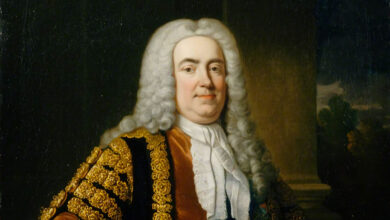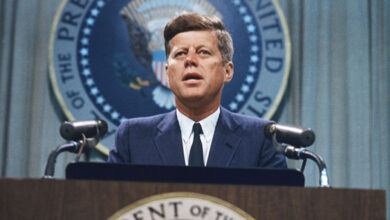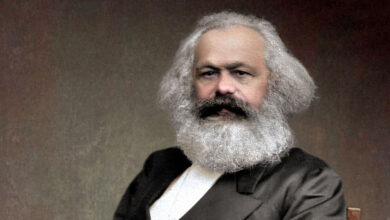Vladimir Lenin, born Vladimir Ilyich Ulyanov in 1870 (April 22nd in the Julian calendar, April 10th in the Gregorian calendar) in Simbirsk, Russia (now Ulyanovsk), was a revolutionary and political theorist who forever altered the course of 20th-century history. Exposed to radical ideas at a young age, particularly after the execution of his older brother for plotting to assassinate the Tsar, Lenin became a dedicated Marxist. He fervently believed that a socialist revolution was inevitable and necessary to overthrow the oppressive Tsarist regime and establish a society based on worker equality.
Lenin’s unwavering commitment to communist ideals made him a prominent figure in the Russian Social Democratic Labour Party. However, he clashed with more moderate factions, advocating for a more radical approach. This ultimately resulted in a split, with Lenin leading the Bolshevik wing of the party. Capitalizing on the social and economic discontent that plagued Russia during World War I, Lenin masterminded the successful Bolshevik Revolution in 1917. This event ushered in a new era, establishing the world’s first communist state, the Soviet Union. Lenin became the head of government, wielding immense power as he set about implementing his socialist vision. He remained in this position until he died in 1924 on January 21st in Gorki, near Moscow. Though his physical rule ended, his ideology, Leninism, which emphasized a more centralized and disciplined approach to achieving communist goals, became a cornerstone of communist movements around the globe.




